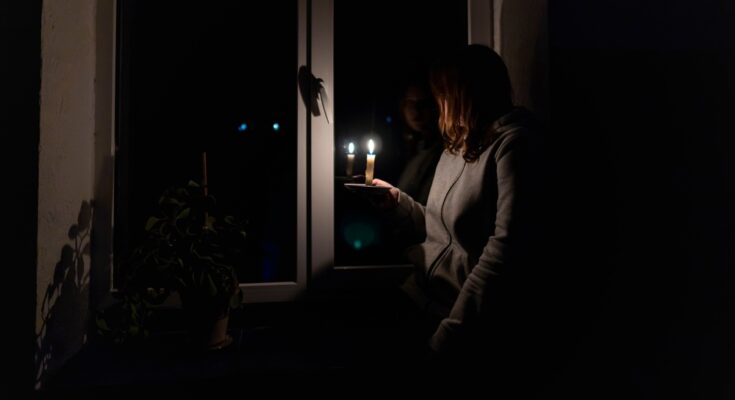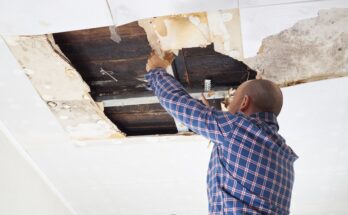Power outages can strike when you least expect them, whether from severe weather, infrastructure issues, or other emergencies. When the lights go out, having a plan in place can help ensure your household remains safe and comfortable. Here’s how to prepare your home for a power outage.
Create an Emergency Kit
Having a well-stocked emergency kit is essential. This should include flashlights, batteries, a first aid kit, bottled water, and nonperishable food items to sustain your household for at least three days. Don’t forget to include personal medications and pet supplies.
Invest in a Generator
A reliable generator can help keep essential appliances running during an outage. You can choose between a portable generator for smaller needs or a standby generator for consistent, higher power supply. Make sure to place the generator outdoors and away from windows to avoid carbon monoxide risks.
Protect Your Appliances
During a power outage, unplugging your electronics is critical. This prevents potential damage from power surges when your home regains electricity. Surge protectors can also add an extra layer of safety for your devices.
Learn Food Safety Measures
Foodborne illnesses are one of the hidden dangers of power outages. Keep your refrigerator and freezer doors closed as much as possible to maintain a safe temperature for your food. A fully stocked freezer can keep its temperature for up to 48 hours if unopened. Consider having a thermometer on hand to monitor the temperature of stored items.
Stay Informed
Be sure to monitor local updates about the outage through a battery-powered radio or mobile device. Official information on timelines and safety instructions will help you make informed decisions.
Secure Your Home
Make sure you securely lock all doors and windows during the blackout. This is especially helpful in maintaining security when the house might seem vulnerable due to a lack of power.
Plan for Lighting
Use safe lighting options such as LED flashlights, lanterns, or battery-operated lights instead of candles, which pose a fire risk. Having ample lighting options prepared will help you avoid fumbling in the dark.
Charge Devices
Whenever there’s notice of a potential blackout, charge your phones, power banks, and tablets in advance. These will be essential for staying informed and connected if the power is out for an extended period.
Consider Alternative Cooking Options
Plan for safe, alternative cooking methods, such as using a camping stove or charcoal grill. Always operate them outdoors to prevent dangerous carbon monoxide accumulation within your home.
Stay Warm
If the outage occurs during winter, staying warm is a priority. Use layered clothing, blankets, and sleeping bags to retain body heat. Make sure everyone in the house is aware of signs of hypothermia, such as shivering or disorientation.
Being proactive about power outages reduces stress and keeps your household running as smoothly as possible. By knowing how to prepare your home for a power outage, you’ll be ready to handle any blackout with confidence.


